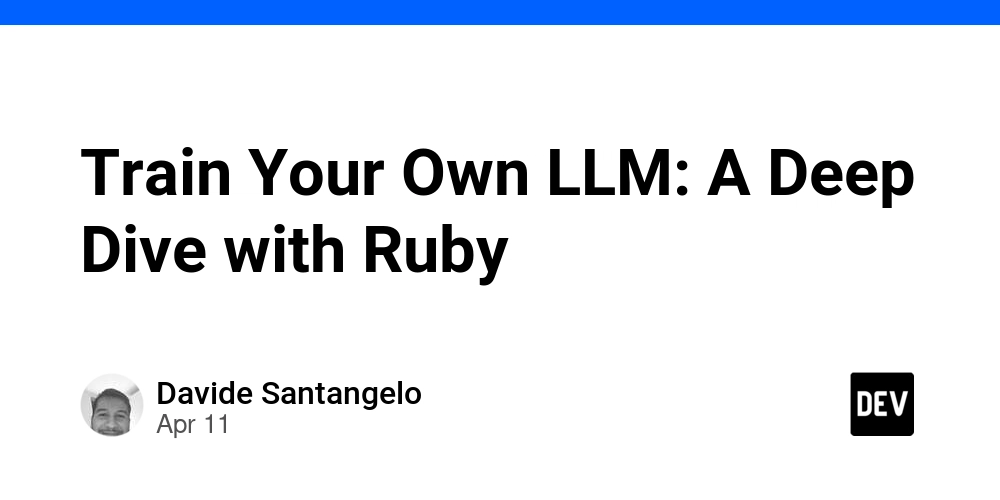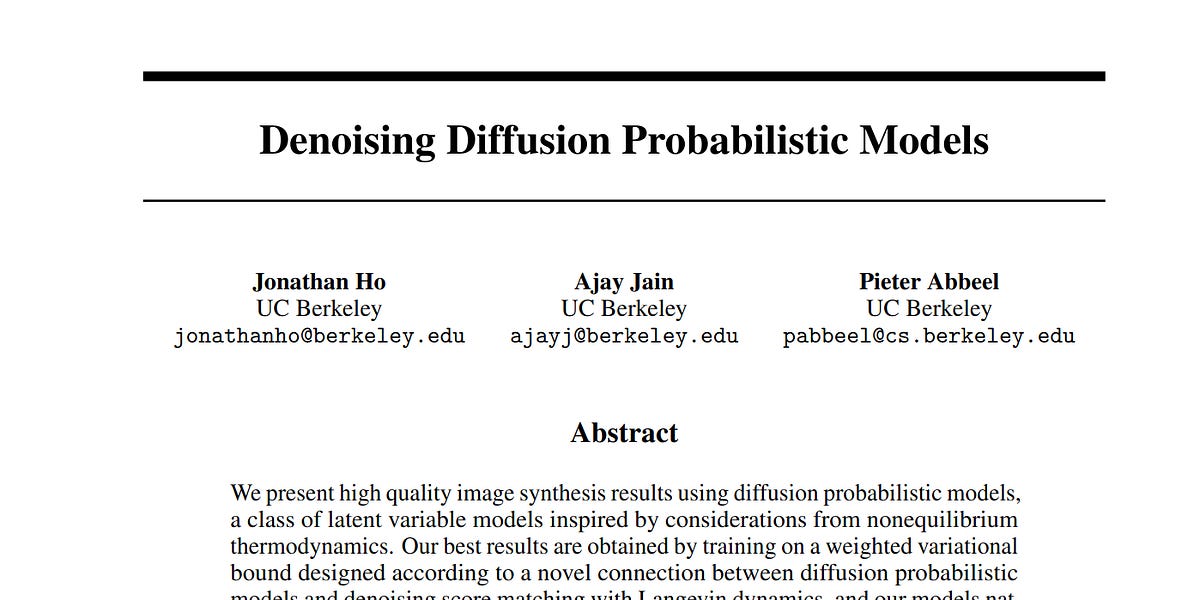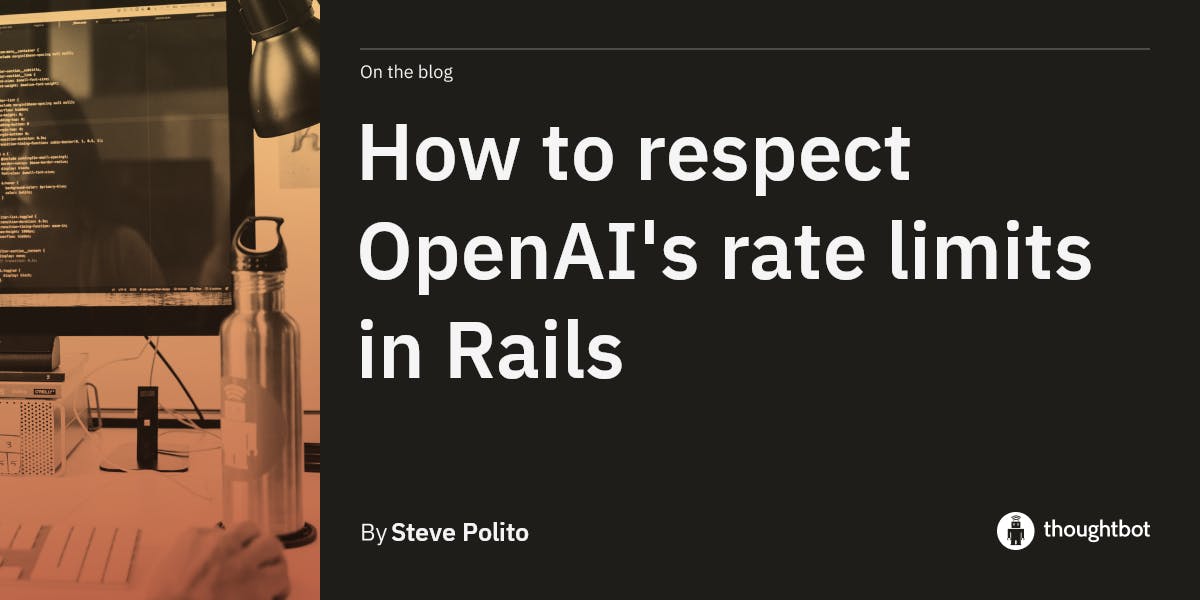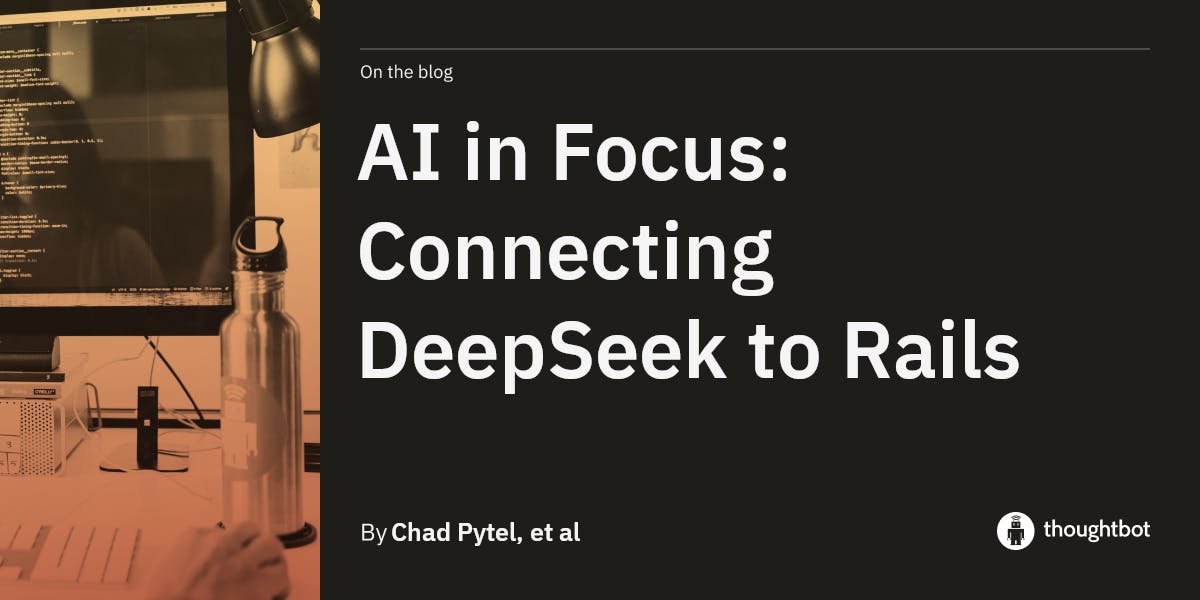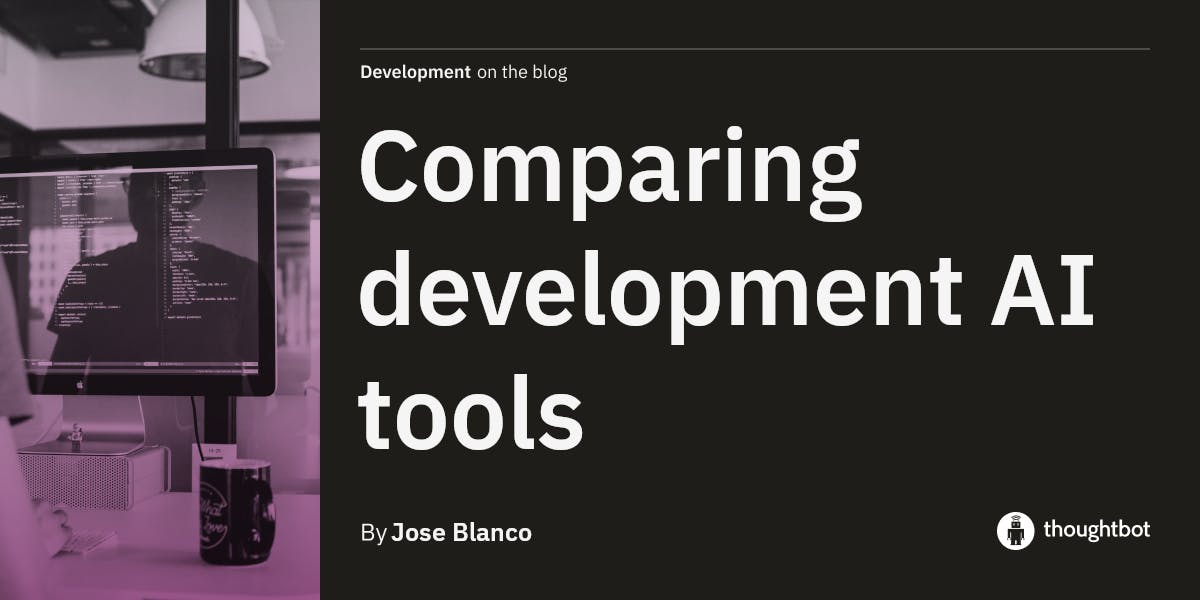- RoboRuby
- Posts
- Ruby AI News - April 24th, 2025
Ruby AI News - April 24th, 2025
Fighting off an alien invasion with Ruby and AI
This edition features Matz’s keynote on Ruby as the programming language for the AI age, fighting off hordes of alien attackers with AI bots, an intelligent RubyMine update, and much more.

Contents
Top Stories
Ruby Creator Believes it is the Language for AI
This past week at RubyKaigi in Ehime, Yukihiro "Matz" Matsumoto, the creator of the Ruby programming language, gave a presentation on “Programming Language for AI Age”. In the keynote presentation, he discussed how Ruby can dominate in the AI age, due to its conciseness, expressiveness, and extensible nature with DSLs. This story will be updated once the talk and slides are available, in the meantime, it was documented on X/Twitter by Rhiannon Payne and Vipul A M.
Fight Off Alien Attacks with StarCraft AI Bots
Dyson Returns has been crafting an incredible gem to build competitive StarCraft bots using Ruby, SC2AI. The source is available on Gitlab, including tons of docs and examples. There is also a playlist on YouTube on setting up the project and 23 tutorials. Check it out today and start building your bot army! Thank you to fpsvogel for surfacing this story.
Major RubyMine AI Upgrade
JetBrains Ruby-centric IDE RubyMine introduces an upgraded AI Assistant with all JetBrains AI features accessible for free, such as unlimited code completion and local model support, and limited credit-based access for more advanced models. The new 2025.1 version has RBS coding assistance, better AI chat and suggestions, and more advanced models to choose from. Note while most AI features may be free, the RubyMine IDE itself is a paid product. Rich Steinmetz shared a testimonial in this X/Twitter thread.
Events
ArtificialRuby is hosting a meetup in NYC on May 7th. Spaces are still available, so be sure to RSVP now if you want to attend. If you would like to present, you can fill out this form.
ArtificialRuby recently posted the videos from their April event:
Hao Wang presented Anatomy of a Good (open) AI SDK, showcasing the implementation details of the new OpenAI Ruby gem.
Amanda Bizzinotto shared Talk to Me: Building an AI-powered Slackbot, detailing how to integrate all your knowledge bases into a bot that doesn't mind answering the same question over and over again.
Scott Werner discussed how the community can reignite Ruby's creative spark with AI in his talk We Were Voyagers. We Can Voyage Again!
The full event recap is available here.
Ed Izaguirre published Layers of the AI Stack, Explained Simply. In his article he introduces four layers of the AI stack, the infrastructure layer, the data layer, the model and orchestration layer, and the application layer, and goes on to discuss how the application layer is the best place to be building right now. Part two (coming soon) will share how Ruby is the best language to learn if you want to build web applications with Ruby.
Ed and Joseph Izaquirre also released a new Rails-powered application The Digital Press, an AI-curated, personalized newsletter. The application uses RubyLLM, sqlite-vec, neighbor, and async. You can read more about it in this X/Twitter thread.
Def Method has launched Phoenix, an application built specifically for generating Rails test coverage with AI. You can read more about this service in their launch announcement.
Davide Santangelo shared how to Train Your Own LLM: A Deep Dive with Ruby. The report provides an expert-level deep dive into the process, exploring the necessary steps, the Ruby ecosystem's capabilities and limitations, and the practical considerations involved in undertaking such a project.
Abdelkader Boudih asks the question: LLMs and the Ossification of APIs: Are We Stuck with Prehistoric Patterns?, exploring in the article how Large Language Models and AI code assistants can create inertia around API design.
Chetan Mittal posted Top 5 Ruby Gems to Build AI-Powered Rails Apps in 2025, highlighting some of the most in development recent gems along with brief usage examples.
Murage Kibicho detailed Stable Diffusion from Scratch in a Low-Level Language : Noise Generation in C, Ruby and Rust. In part 1, he details implementing the forward process of a diffusion model for GenAI from scratch.
Giménez Silva Germán Alberto has released TrixGenius and posted about the release with The Alpha Version of TrixGenius Has Arrived — Supercharge Your Trix Editing Experience with AI. TrixGenius is a Rails engine and generator that adds AI-powered buttons to your Trix Editor using Stimulus and Turbo.
Chad Pytel and Kate Young of Thoughbot shared an article on their AI in Focus series: Connecting DeepSeek to Rails. In it, they discuss running a local version of the DeepSeek R1 model in a real Rails app using Ollama and the ruby gem, ruby-openai.
Jose Blanco of Thoughbot looks at Comparing Development AI Tools. While not specifically Ruby-focused, it does provide important insights into popular AI-powered coding tools and the risks associated with them.
Scott Werner details Wasting Inferences with Aider. The article and screencast look at triggering multiple AI attempts automatically from a project management tool and picking the best result by connecting Asana directly to the Aider coding agent via a Sublayer agent.
Miles Georgi posted a brief tutorial on his foobara-mcp-connector gem, showing how to expose Foobara framework commands to MCP clients.
Shashank Daté open sourced a repository containing short Ruby examples of how to get started with major LLM providers and Ruby gems.
Peter Cooper shared the results of putting GPT 4.1 through its paces with Ruby in this X/Twitter thread.
Already putting GPT 4.1 through its paces. I fed an entire Ruby library into it (Reline) and asked to create a feature demo and Mini nailed it first try. Nano got a lot wrong. I think Nano might do well for more analytical/docs stuff though - more experiments to follow.
— Peter Cooper (@cooperx86)
5:36 PM • Apr 14, 2025
Justin Searls live streamed Putting Github Copilot’s GPT 4.1 Agent to the Test, “vibe coding” an application over the course of 90 minutes.
Andrea Rocca shared a brief X/Twitter thread on making a simple coffee recipe generator using Hotwire and the ruby-openai gem.
Open Source Updates
I am currently working to expand the Open Source Updates section of the newsletter. My question to the community: What should the Open Source Updates section look like going forward? What would provide the most value to you? Let me know your thoughts via email or X/Twitter.
Code Spotlight
Ara Howard shared this great open source snippet that uses Groq’s LLM model to parse JSON that may have been invalidly formatted.
New Versions
Raix 0.8.0 - Add large-language model AI components to your Ruby applications. This release adds experimental support for declaring MCP servers as tool functions. This library is currently being used internally at Shopify.
RubyLLM 1.2.0 - One interface for LLM compatible APIs. Chat, Vision, Audio, PDF, Images, Embeddings, Tools, Streaming & Rails integration. This release expands RubyLLM by adding support for any provider with an OpenAI-compatible API.
ActiveAgent 0.3.2 - AI framework designed for Rails, where Agents are Controllers. Build AI features with less complexity using the MVC conventions. Read more about the release in this X/Twitter thread.
OmniAI 2.4.1 - OmniAI standardizes the APIs for multiple AI providers.
Fast MCP 1.2.0 - Ruby Implementation of the Model Context Protocol.
OxAiWorkers 0.8.6 - A powerful state machine with OpenAI generative intelligence integration.
AIA 0.8.6 - CLI assistant for generative AI workflows, offering dynamic prompt management, seamless shell and Ruby integration, interactive chat, and advanced automation.
AiClient 0.4.6 - Interface for integrating a wide range of AI service providers through a single, unified API.
PromptManager 0.5.2 - Provides a simple way to manage prompts for a generative AI system.
ActionMCP 0.3.2 - Tooling for building Model Context Protocol capable servers in Ruby on Rails applications.
Rails MCP Server 1.1.0 - Ruby implementation of Model Context Protocol server for Rails projects.
OllamaChat 0.0.6 - Command-line interface for interacting with an Ollama AI model.
Boxcars 0.7.7 - Build applications with composability using Boxcars with LLMs.
BAML 0.85.0 - Interact with BoundaryML's Language Model clients in Ruby.
Gitingest 0.6.3 - Fetch files from GitHub repositories and generates consolidated text prompts for AI analysis.
active_mcp 1.1.1 - A Rails engine that provides MCP capabilities.
TFHelps 0.1.4 - Command-line tool designed to format text files, using the Gemini API to clean up and structure text based on predefined formatting guidelines.
New Gems
OpenAI Ruby API Library - The official OpenAI Ruby gem is live. The OpenAI Ruby library provides convenient access to the OpenAI REST API.
Lluminary - Framework for building applications that leverage Large Language Models. It provides a structured way to define tasks, manage prompts, and handle LLM interactions.
MCP on Ruby - Ruby implementation of the Model Context Protocol. This release adds a Redis storage implementation. Read the announcement here.
MontyAI - Intelligent code explanation tool that uses AI to help you understand code faster.
MitchAI - Intelligent CLI tool that leverages AI to provide comprehensive code reviews.
AI Localizer - Automate I18n Translation in Rails with the power of AI.
TrixGenius - AI-powered buttons and other custom controls to Trix editor using Stimulus.
ruby-mcp-client - Ruby client for the Model Context Protocol.
SmartAgent - SmartAgent is an intelligent agent framework developed in Ruby, supporting tool calling and natural language interaction.
Foobara::McpConnector - Expose Foobara commands via the Model Context Protocol.
AI Provider Guides
The past few weeks have seen major AI providers launch official guides for prompting, building agents, and coding with LLMs. I wanted to share some of them here in case you find them useful!
OpenAI: A practical guide to building agents:
Claude Code: Best practices for agentic coding:
Google: Prompt Engineering:
That’s all for this edition! Be sure to reach out if you have any stories, content, jobs, or events you want featured in the newsletter.





